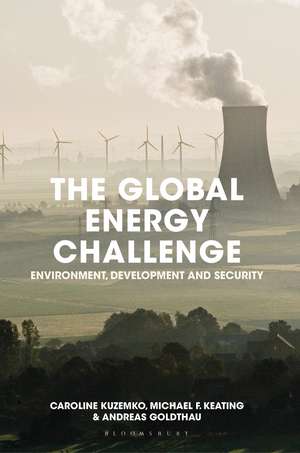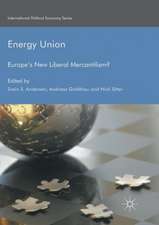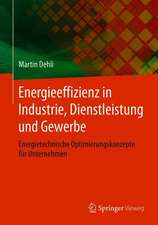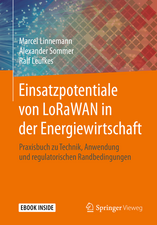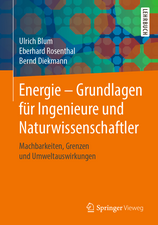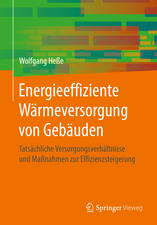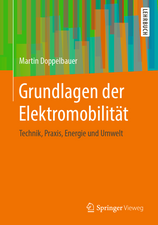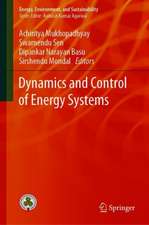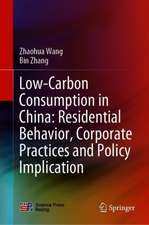The Global Energy Challenge: Environment, Development and Security
Autor Caroline Kuzemko, Andreas Goldthau, Michael Keatingen Limba Engleză Paperback – 29 sep 2015
Preț: 264.57 lei
Preț vechi: 321.55 lei
-18% Nou
Puncte Express: 397
Preț estimativ în valută:
50.63€ • 52.67$ • 41.80£
50.63€ • 52.67$ • 41.80£
Carte tipărită la comandă
Livrare economică 14-28 aprilie
Preluare comenzi: 021 569.72.76
Specificații
ISBN-13: 9781137410078
ISBN-10: 1137410078
Pagini: 264
Ilustrații: 8 figures
Dimensiuni: 155 x 235 x 10 mm
Greutate: 0.39 kg
Ediția:1st ed. 2015
Editura: Bloomsbury Publishing
Colecția Bloomsbury Academic
Locul publicării:London, United Kingdom
ISBN-10: 1137410078
Pagini: 264
Ilustrații: 8 figures
Dimensiuni: 155 x 235 x 10 mm
Greutate: 0.39 kg
Ediția:1st ed. 2015
Editura: Bloomsbury Publishing
Colecția Bloomsbury Academic
Locul publicării:London, United Kingdom
Caracteristici
The book will appeal to students on a range of courses including politics, international relations, international political economy, public policy, as well as business, economics, law and development.
Notă biografică
Caroline Kuzemko is Research Fellow at the Energy Policy Group, University of Exeter, and Visiting Fellow at the Centre for the Study of Globalisation and Regionalisation (CSGR), University of Warwick, UK. Michael F. Keating is Professor of International Political Economy at Richmond, the American International University in London, UK.Andreas Goldthau is Professor of Public Policy at Central European University, Hungary, Associate with the Belfer Center for Science and International Affairs, Harvard Kennedy School, USA and Fellow with the Global Public Policy Institute, Berlin, Germany.
Cuprins
Introduction: The Global Energy Challenge 1. Perspectives on the Global Energy Challenge 2. Evolution and Dynamics of the World Energy System3. The Political Economy of Energy 4. Actors and Institutions 5. Energy, Climate Change and the Environment6. Energy for Development7. Energy Security8. Transit and Infrastructure 9. Technology and Innovation 10. Conclusions: Synergies, Conflicts and Energy Futures
